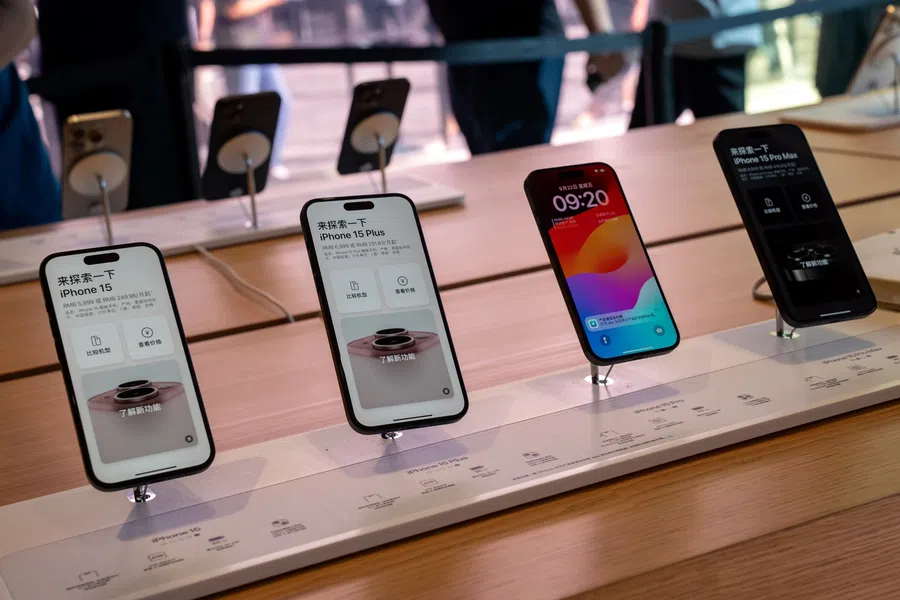Market reports have shown that in China Apple suffered as a result of Huawei’s new product for the premium class. This has caused iPhone sales in China to fall 19% in the first quarter of the year—the lowest level since 2020.
From 19.7% a year earlier, Apple’s market share of the largest smartphone in the world dropped to 15.7% in the first quarter. According to research firm Counterpoint, that nearly put it on par with Huawei, whose sales soared by 70%.
Vivo overtook Apple as the country’s top smartphone seller, with Apple falling to third place during the quarter. Huawei, on the other hand, saw a sharp increase in its market share, rising from 9.3% to 15.5% in the previous year. Second place went to Honor, a mass-market brand that Huawei parted from.
“Huawei’s return has had an effect on Apple within the high-end market. Additionally, compared to other years, the demand to replace Apple products has declined, according to a news release from Counterpoint analyst Ivan Lam. “We are seeing a slow but steady improvement in weekly iPhone sales,” Lam continued, “and for the second quarter, the possibility of new colour options combined with aggressive sales initiatives could bring the brand back into positive territory.”
China is the third-largest market for Apple, accounting for roughly 17% of the company’s overall revenue for the October–December period. Apple’s decline in market share in China follows this month’s release of independent statistics indicating that the U.S. business experienced a nearly 10% decline in worldwide smartphone shipping in the first quarter of 2024, primarily due to increased competition from Android smartphone manufacturers, such as Samsung which eventually clinched the top phone maker in the first quarter.
Apple’s stock fell by 0.4% in Tuesday’s premarket trading. This year, Apple’s stock has lost almost 14% of its value, and on Friday it reported its worst weekly performance in more than eight months. Apple ran promotions in China throughout the first quarter of this year to attract customers with discounts. Some of these campaigns included up to 1,300 yuan ($180) in subsidies for specific iPhone models.

After releasing the Mate 60 series in August, Huawei released the Pura 70 series of high-end phones last week. Because the Mate 60 phones use a cutting-edge chip built in China, it was hailed as a victory over the U.S. sanctions against the company and as a return for the Chinese company in the high-end market.
The processor that powers Huawei’s flagship phone is not as sophisticated as American chips, according to U.S. Commerce Secretary Gina Raimondo, who said on Sunday that this proves the country’s restrictions on exports to the massive supplier of telecom equipment are effective.
The Pura 70 series is expected to be among the 10 million units shipped in China this year, according to research firm TechInsights,. With a 19% market share, Huawei would rise from 12% in 2023 to become the top seller.
According to Counterpoint, the first quarter saw a 1.5% gain in the Chinese smartphone market, which is the second consecutive quarter of positive growth.

















